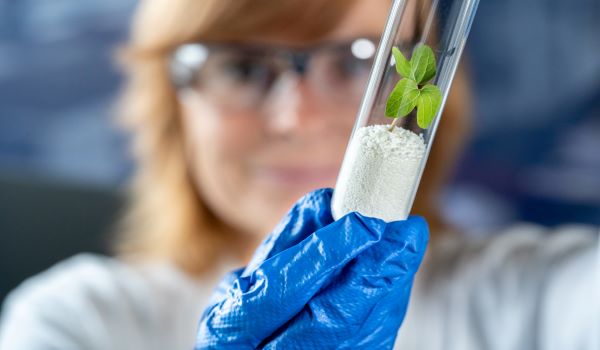The three new weak acid cation (WAC) have a carbon footprint that is up to 67 percent smaller than conventional types and consist of more than 90 percent renewable raw materials

In addition to its conventional ion exchange resin portfolio made from fossil-based raw materials, specialty chemicals company LANXESS is now also offering products based on renewable raw materials following the mass balance approach for water treatment.
The new product family initially encompasses three weak acid and two weak base ion exchange resins.
LANXESS aims to make its entire supply chain climate-neutral by 2050. The switch to sustainable raw materials plays a central role in this.
"With our new ion exchange resins based on sustainable raw materials, we are taking another step on this path. In addition, we are helping our customers to achieve their own climate targets,” says Bettina Blottko, head of the Liquid Purification Technologies business unit at LANXESS.
The three new weak acid cation (WAC) have a carbon footprint that is up to 67 percent smaller than conventional types and consist of more than 90 percent renewable raw materials. In accordance with the mass balance approach they are chemically identical to conventional products and are produced in the same plants using the same processes.
The new types now included in the Lewatit product portfolio are marketed under the LANXESS Scopeblue sustainability umbrella brand. It was created for products that either exhibit a renewable raw material content of more than 50 percent or offer a carbon footprint of less than half that of their conventional counterparts made from conventional raw materials.
LANXESS has also recently started producing styrene-based weak base anion (WBA) exchange resins – Lewatit MP 62 WS and Lewatit S 4528 – based on sustainably produced styrene.
“Since every percentage increase in sustainability achieved and every ton of CO2 emissions saved are improvements, LANXESS is demonstrating that these resins, too, which bear ‘Eco’ in their name, were produced using sustainable, bio-based or recycled raw materials,” says Dr. Stefan Neufeind, Head of Technical Marketing at the Liquid Purification Technologies business unit at LANXESS.
“The new exchange resins help our customers to achieve their own sustainability targets. In addition, this enhanced sustainability can be leveraged as a competitive advantage or advertised as added value,” says Neufeind.
LANXESS is planning to have further resins certified to ISCC PLUS and included in the Scopeblue/Eco product portfolio.
Subscribe to our newsletter & stay updated.